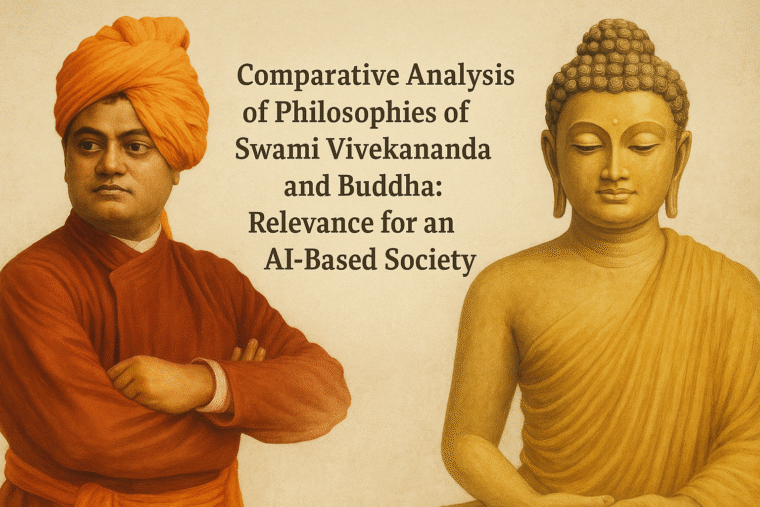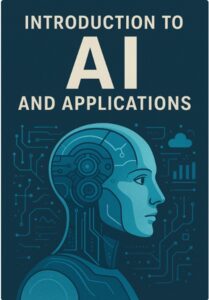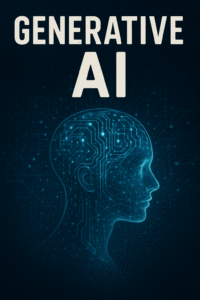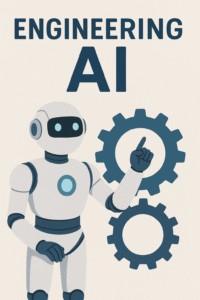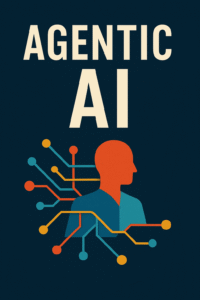Introduction
As the world transitions into a new era dominated by Artificial Intelligence (AI), ethical, moral, and spiritual guidance becomes more crucial than ever. The philosophies of Gautama Buddha and Swami Vivekananda, though born centuries apart, offer profound insights into human consciousness, ethical behavior, and inner transformation. Their teachings, when interpreted through the lens of modern technological society, provide a timeless framework to guide the evolution of AI systems and their integration into society.
Core Philosophical Tenets: A Comparative View
| Theme | Buddha | Swami Vivekananda |
|---|---|---|
| Ultimate Goal | Liberation from suffering (Nirvana) through self-realization | Awakening the divinity within and realizing the Atman |
| Path to Realization | The Eightfold Path: right view, intention, speech, action, livelihood, effort, mindfulness, and concentration | Combination of Jnana (Knowledge), Bhakti (Devotion), Karma (Action), and Raja Yoga (Meditation) |
| View on the Self | No permanent self (Anatta) – self is a collection of experiences | The Atman is eternal and divine – one with Brahman |
| Ethics | Non-harming (Ahimsa), compassion (Karuna), mindfulness | Strength, selflessness, fearlessness, and service to humanity |
| Approach to Society | Emphasis on personal enlightenment and compassionate social action | Transform society by empowering individuals through education and spirituality |
| Role of Reason and Science | Strong emphasis on direct experience and rational inquiry | Integration of science and spirituality; emphasized critical thinking |
Common Philosophical Foundations
Despite differences in metaphysics, the philosophies of both Buddha and Vivekananda converge on several key principles that are increasingly relevant in the digital age:
- Compassion and Ethics:
Both emphasized compassion (Karuna) and ethical conduct. These values can form the ethical bedrock of AI systems, encouraging developers to build empathetic, non-harmful algorithms. - Self-Mastery and Inner Awareness:
Mindfulness (Buddha) and Raja Yoga (Vivekananda) train the mind in awareness and discipline—principles vital for humans managing and interacting with autonomous AI systems. - Universalism and Inclusion:
Both rejected caste-based, hierarchical exclusion and stood for the upliftment of all. Their philosophies promote inclusiveness—a crucial principle in AI fairness and accessibility. - Empowerment Through Knowledge:
Whether through the Buddhist sangha or Vivekananda’s emphasis on education, both saw knowledge as the path to liberation. In an AI-based world, democratizing AI literacy is aligned with their ideals.
Relevance to an AI-Based Society
In a rapidly transforming society led by algorithms, autonomous agents, and data-driven governance, grounding AI development in humanistic and ethical values is vital. Here’s how the teachings of Buddha and Vivekananda can inform this transition:
1. Ethical AI Development
- Buddha’s Middle Path can be used to avoid extremes—overdependence or rejection of AI—advocating a balanced, conscious approach.
- Vivekananda’s Karma Yoga teaches responsible action without selfish motive, guiding developers to create AI for service, not profit alone.
2. Human-AI Harmony
- Both philosophies stress harmony within and without. AI should not replace but augment human potential, aligned with Vivekananda’s vision of empowering the divinity in all.
- Mindfulness practices from Buddhism can help individuals stay aware of how AI affects their thoughts and behaviors.
3. AI Consciousness and Morality
- As debates on AI consciousness intensify, the Buddhist view of non-self and Vivekananda’s concept of the evolving Atman offer two distinct lenses—one negating ego-centric identity, the other affirming higher consciousness.
4. Compassionate Governance
- Buddhist principles of right livelihood and right action can guide AI governance frameworks.
- Vivekananda’s call to serve the poor and downtrodden aligns with the goal of building AI tools that bridge digital divides.
5. Sustainable Development
- Both figures stressed minimalism, contentment, and service-oriented living. These principles can be used to ensure AI systems support ecological balance and human well-being.
Toward an AI-Integrated Dharma
A future AI society must be more than just intelligent—it must be wise. The convergence of Eastern spiritual insights with Western technological prowess offers the blueprint for a Dharma-centric AI civilization. Imagine:
- Mindful AI: Systems trained not just on data, but on compassion and ethical frameworks.
- Inclusive AI: Serving all sections of society, inspired by the universalism of Buddha and Vivekananda.
- Empowering AI: Not enslaving or surveilling, but awakening potential in every human being.
Conclusion
Swami Vivekananda envisioned a future where science and spirituality harmonize. Buddha envisioned a world where understanding the mind ends suffering. In an AI-led society grappling with existential, ethical, and identity crises, their teachings are not relics of the past—but essential blueprints for the future.
To build AI for humanity, we must first understand what it means to be truly human—and there, the voices of Buddha and Vivekananda resound clearer than ever.

